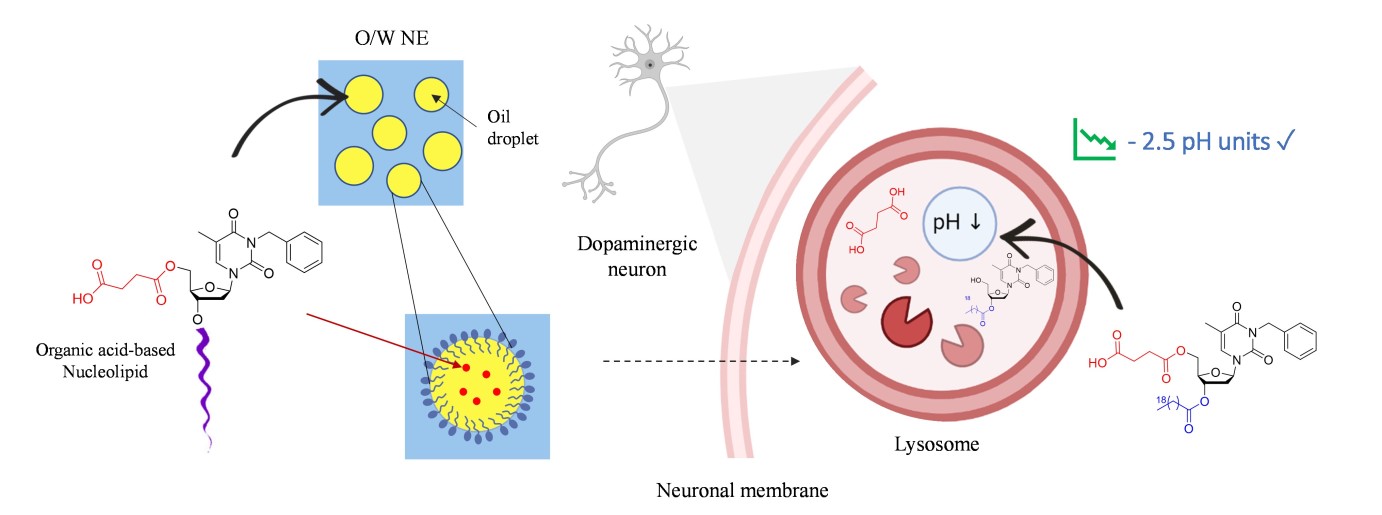Therapeutic oligonucleotides at the ARNA laboratory in Bordeaux, 2024
18 months post-doctoral position to address the synthesis and characterization of modified oligonucleotides for potential therapeutic applications
Context: The ANR consortium project is dedicated to the development of new modified oligonucleotides. With the support from permanent researchers of ARNA, the scientist will be in charge of the synthesis of modified oligonucleotides. The grantee will also control adsorption experiment to fully characterize the novel molecules (lipid and/or GalNac modified oligonucleotides). The grantee will be domiciled at the ARNA-CHEMBIOPHARM with an Inserm contract. The successful candidate will be experienced in bioorganic chemistry.
Objectives of the project: Anemia is the most common blood disorder, affecting about a fifth to a third of the global population. Iron-deficiency anemia affects nearly 1 billion people and it is a major source of morbidity and mortality. Iron-restrictive anemias affect patients with bleeding disorders, chronic infections, inflammatory disorders, chronic kidney disease, hemoglobinopathies (e.g. sickle cell disease) and hematologic malignancies (myelodysplastic syndromes, leukemia, multiple myeloma…). Conversely, in iron-loading anemias such as thalassemias, iron overload is the major cause of mortality. Collectively, these pathologies affect tens of millions of patients worldwide but the current treatments remain largely ineffective or have unpleasant and sometimes dangerous side effects.
The overall consortium project aims at developing novel therapeutic modified oligonucleotides in order to target factors in anemia.
Keywords: Nucleic acids, Oligonucleotides, Antisense
Location, duration and salary: Experimental work will be done over a 18-month period at ARNA on the campus Carreire of the University of Bordeaux, France. The salary will be evaluated according to the number of years of experience.
Starting date: 1rst of February 2024
Candidate Profile: Applicants should have a PhD in chemistry with an experience on biological systems and be willing to get involved in an interdisciplinary project. Autonomy, scientific rigor and ethics, communication capacity and team spirit will be crucial. An evidenced experience in nucleic acid chemistry will be greatly appreciated.
Position advisor: Prof Philippe Barthélémy, ARNA
Application, including a CV, two reference letters, detailed contacts, should be sent by email to Philippe Barthelemy.


